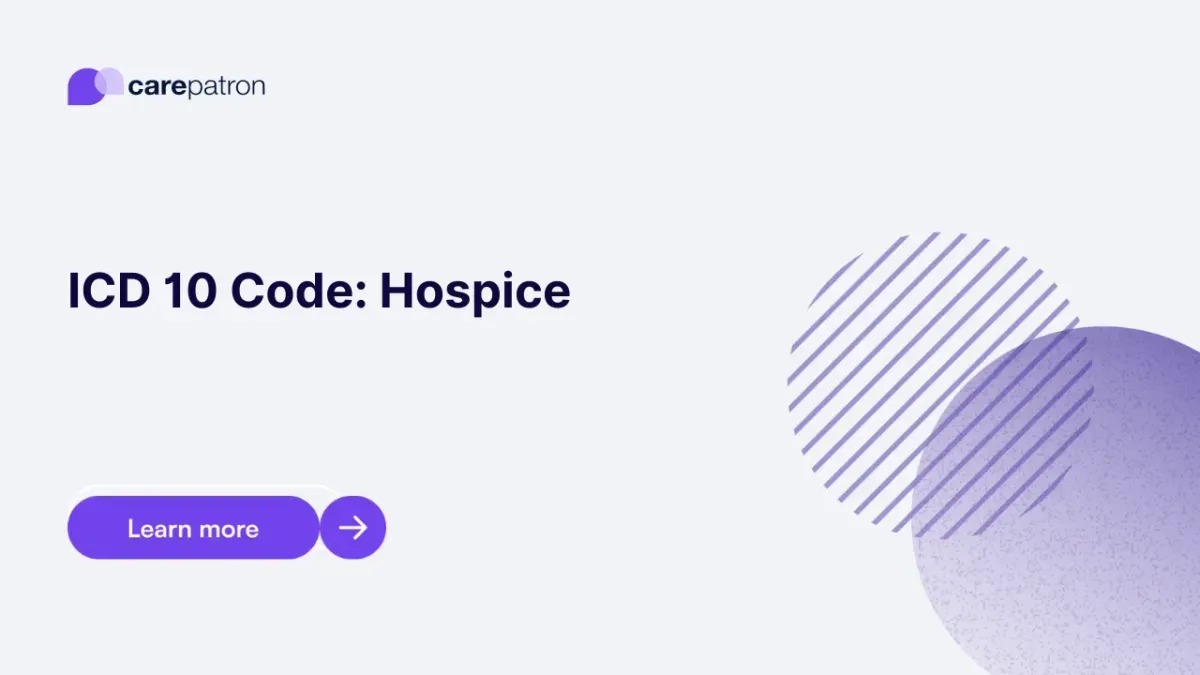
Hospice ICD-10-CM Codes | 2025
Explore 2025 hospice ICD-10-CM codes for palliative care, documentation, billing, and Medicare compliance in terminal illness and end-of-life support.
Use Code
EHR and practice management software
Get started for free
*No credit card required
Free
$0/usd
Unlimited clients
Telehealth
1GB of storage
Client portal text
Automated billing and online payments
